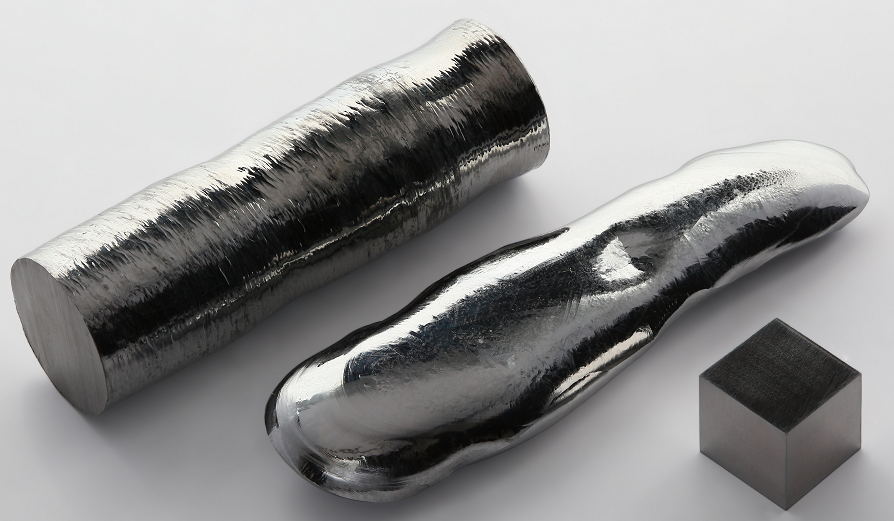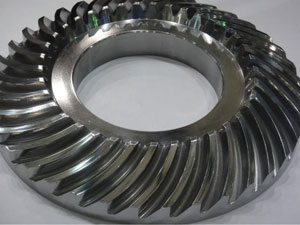What Are the Uses of Rhenium?

What Are the Uses of Rhenium?
Rhenium is a rare refractory metal that not only has good plasticity, and mechanical properties but also has good wear and corrosion resistance. Rhenium can be processed into rhenium plates, rhenium rods, rhenium sheets, as well as rhenium wires. In this article, let's take a deeper look at the uses of rhenium.

The Amazing Uses Of Rhenium
1. The Use of Rhenium As a Catalyst
One of the important uses of rhenium is as a catalyst in the petrochemical industry because rhenium and its compounds have excellent catalytic activity. At present, the consumption of rhenium in this field in the world accounts for more than 60% of its total consumption.
2. The Use of Rhenium in the National Defense and Aerospace Industry
Rhenium is one of the most refractory metals. Its melting point is 3180℃, second only to 3410℃ of tungsten. A series of high temperature-resistant, corrosion-resistant, and wear-resistant alloys can be made from rhenium and other metals. For example, Re25-W alloy was once used as material for space station nuclear reactors. Re-Mo alloy still has high mechanical strength at 3000℃ and can be used to manufacture supersonic aircraft, high-strength parts of missiles, and heat shields.

Rhenium alloy
3. The Use of Rhenium in the Field of Heating Elements & High-temperature Measurement
Thermocouples made of Re3-W and Re25-W alloy wires have a good linear relationship between temperature and thermo-electromotive force, accurate temperature measurement, and a wide measurement range (0-2485℃).
Heating elements made of rhenium-based alloys last 5-10 times longer than those made of tungsten or molybdenum. The working life of the Re8-12-Ni-Cr alloy heating element at high temperatures is 9 times longer than that of the Ni-Cr alloy heating element and has the advantage of working normally under high temperatures and pressure.
4. The Use of Rhenium in the Electronics Industry
Alloys or coating materials composed of rhenium and tungsten, molybdenum, or platinum group metals are widely used in the electronics industry because of their high melting point, high resistance, strong magnetism, and good stability to the environment.
Tungsten wire doped with 3%-20% Re or H4ReO4 coated tungsten wire is not as fragile as tungsten wire, but also can improve its elongation and resistance, and has high impact and vibration resistance. Therefore, it has shown its important use in vacuum technology, electronic devices, or filaments in places prone to vibration.
5. The Use of Rhenium in Coating and Welding Materials
Rhenium can be used as a coating because it features a high melting point, corrosion resistance, and wear resistance. For example, rhenium-coated metal wires, sheets, or tubes can achieve the purpose of preventing acid, alkali, seawater, or sulfur compounds, and are mostly used in maritime and chemical industries. Re-NiRe-Mo or R-W is used as a coating for instrument components, rocket warheads, and their engines.
Adding Re to W or Mo alloys not only increases its strength but also improves its plasticity and welding performance, which can be used as a welding rod for welding W or Mo devices.
Conclusion
Thank you for reading our article and hope it can help you to have a better understanding of the uses of rhenium. If you want to learn more about rhenium or other refractory metals, we would like to advise you to visit Advanced Refractory Metals (ARM) for more information.
Headquartered in Lake Forest, California, USA, Advanced Refractory Metals (ARM) is a leading manufacturer & supplier of refractory metals & alloys across the world. It provides customers with high-quality refractory metals & alloys such as molybdenum, tantalum, rhenium, tungsten, titanium, and zirconium at a very competitive price.
{{item.content}}
LEVE A REPLY
{{item.children[0].content}}
{{item.content}}






